Why Pre-Breeding Exams Matter
Breeding your mare is an exciting journey, but success involves more than just selecting the right stallion. A pre-breeding soundness exam (PBSE) helps ensure she is in peak reproductive health, improving her chances of conception and a successful pregnancy.
Skipping this step can lead to failed pregnancies, unexpected veterinary costs, and unnecessary stress. A little preparation now can prevent complications later.
What Is a Pre-Breeding Soundness Exam?
A PBSE is a comprehensive veterinary evaluation designed to assess a mare’s ability to conceive and carry a foal. This exam helps identify reproductive challenges before breeding begins, allowing time for necessary treatment.
Why Should You Schedule a PBSE?
- Detect and address uterine infections, hormonal imbalances, or reproductive abnormalities.
- Determine optimal breeding timing based on the mare’s estrous cycle.
- Reduce the risk of pregnancy loss or foaling complications.
- Improve breeding efficiency, saving both time and resources.
When to Schedule: Ideally, a PBSE should be scheduled 4-6 weeks before the breeding season to allow time for any necessary treatments or adjustments.
For more details on equine reproductive care, visit Lewiston Veterinary Clinic’s Equine Services.
What Happens During a Pre-Breeding Exam?
1. General Physical Examination
A mare’s overall health directly affects her fertility. The veterinarian will assess:
- Body Condition Score (BCS) – Weight issues can influence reproductive success.
- Hoof and limb health – Soundness ensures a smooth pregnancy.
- Medical history – Previous illnesses or injuries may impact fertility.
2. Reproductive Health Evaluation
A thorough reproductive assessment includes:
- Rectal Palpation & Ultrasound – Checking the uterus, ovaries, and cervix for abnormalities.
- Vaginal Speculum Exam – Identifying scarring, infections, or structural issues.
- Uterine Culture & Cytology – Detecting bacterial infections that could interfere with conception.
- Endometrial Biopsy (if needed) – Evaluating uterine health for pregnancy support.
Learn more about the parts of a mare reproductive evaluation from Colorado State University.
3. Hormonal & Genetic Testing (if necessary)
Blood tests may be performed to assess:
- Progesterone & estrogen levels to determine estrous cycle stage.
- Thyroid function, as imbalances can affect fertility.
- Genetic testing, especially if the mare has a history of foaling difficulties.
4. Vaccinations & Deworming
A strong reproductive plan includes disease prevention. Ensure your mare is up to date on:
- Equine Herpesvirus (EHV-1) – Reduces the risk of viral abortion.
- Tetanus & Influenza – Protects both mare and foal.
- Deworming & Fecal Egg Count – Controls parasites that could affect pregnancy.
5. Nutritional Assessment
Proper nutrition is essential for fertility. Mares should receive:
- High-quality forage & balanced concentrates to maintain a BCS of 5-6.
- Vitamin & mineral supplementation, including calcium, phosphorus, and selenium.
- Omega-3 fatty acids, which may enhance reproductive efficiency.
Common Issues Identified in a PBSE
A pre-breeding exam can uncover reproductive challenges, such as:
- Endometritis (uterine infection) – A leading cause of infertility in mares.
- Ovarian cysts or irregular ovulation – Can affect conception rates.
- Poor body condition – Weight imbalances can disrupt hormonal function.
- Previous foaling injuries – Scarring in the uterus or cervix may lead to complications.
Treatment Options
- Antibiotics for infections.
- Hormonal therapy to regulate estrous cycles.
- Nutritional adjustments to enhance fertility.
For more on breeding considerations, see The Horse Magazine.
Breeding Options & Considerations
Natural Cover vs. Artificial Insemination (AI)
- Natural Cover – Required for Thoroughbred breeding but increases the risk of injury.
- AI – Provides better control over timing and stallion selection.
Why Timing Matters
Using ultrasound tracking to monitor ovulation improves breeding success. AI requires precise timing for optimal sperm introduction.
Preparing for a Healthy Pregnancy
Post-Breeding Care
- Early Pregnancy Detection – Ultrasound at 14-16 days post-ovulation confirms pregnancy.
- Follow-Up Exams – Monitoring for twin pregnancies, which may require intervention.
Foaling Preparation
Start early by assembling a foaling kit with essential supplies. See CSU’s Foaling Kit Checklist for a complete guide.
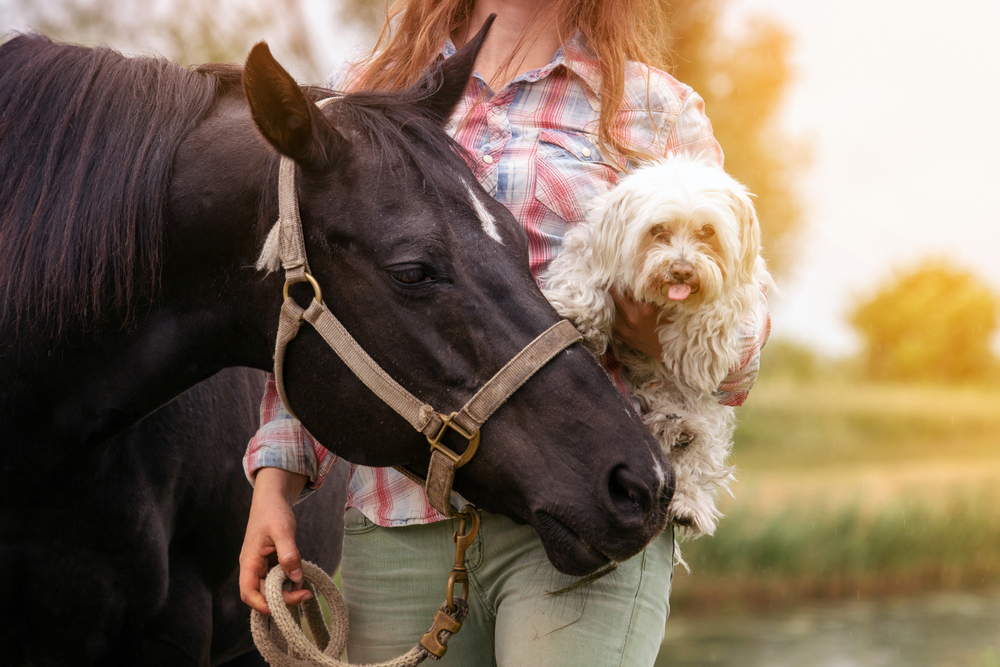
Schedule Your Mare’s Pre-Breeding Exam
At Lewiston Veterinary Clinic, we specialize in equine reproductive care to help ensure a smooth and successful breeding season.
Schedule your mare’s pre-breeding exam today!
Contact Us: Visit Our Contact Page
A pre-breeding soundness exam is a vital step in ensuring successful conception and a healthy foal. Investing in proper veterinary care before breeding saves time, effort, and potential complications.
For expert guidance, reach out to our equine veterinary team. We’re here to support you every step of the way.



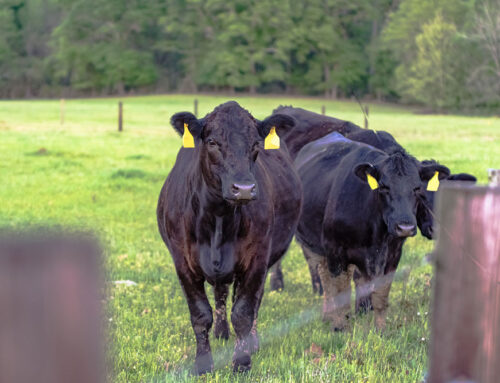
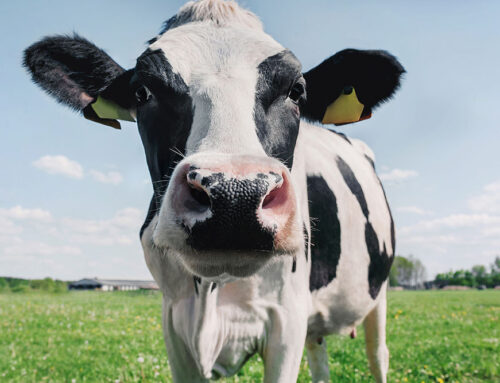
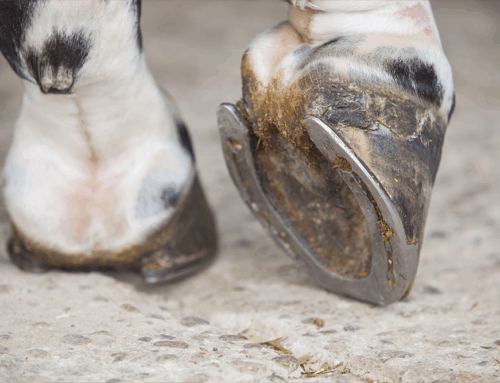
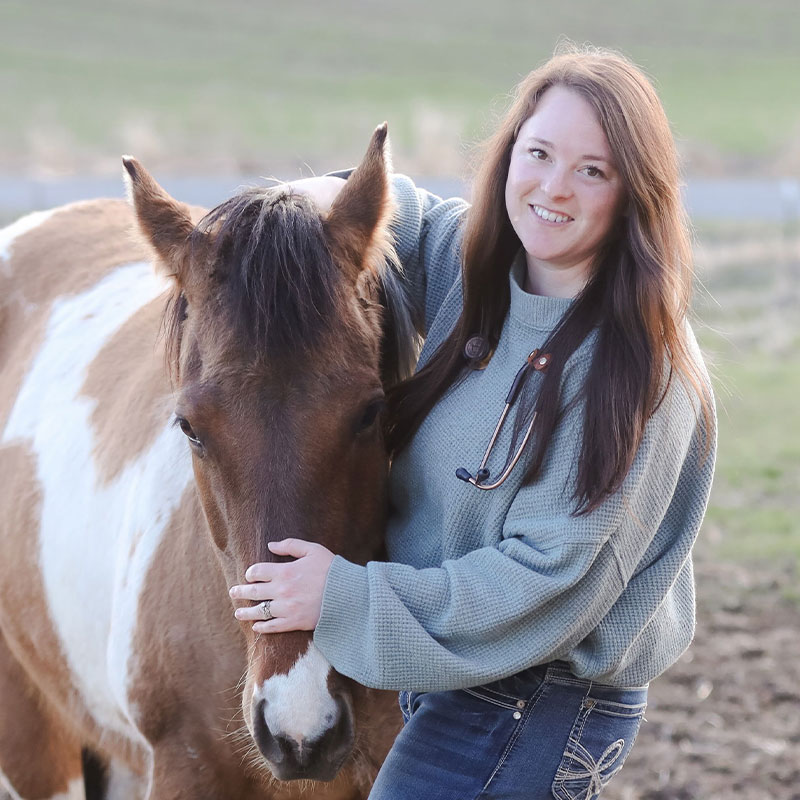

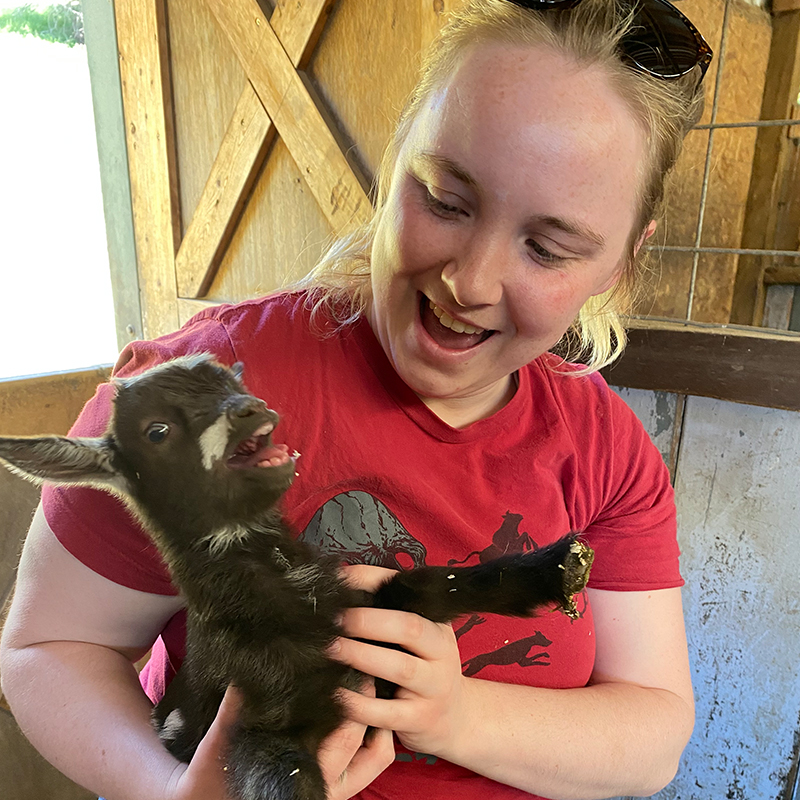
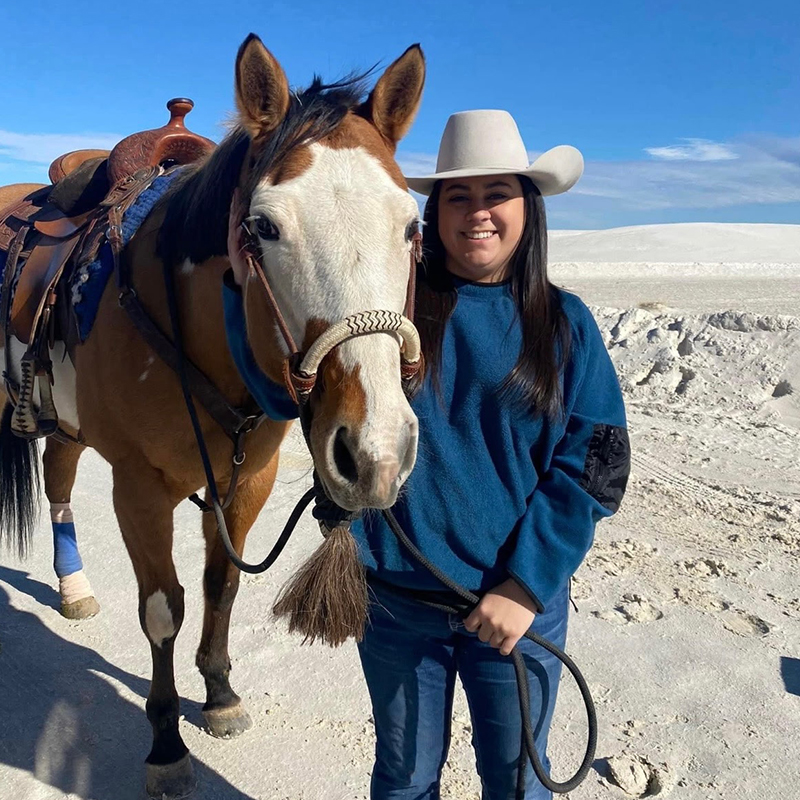


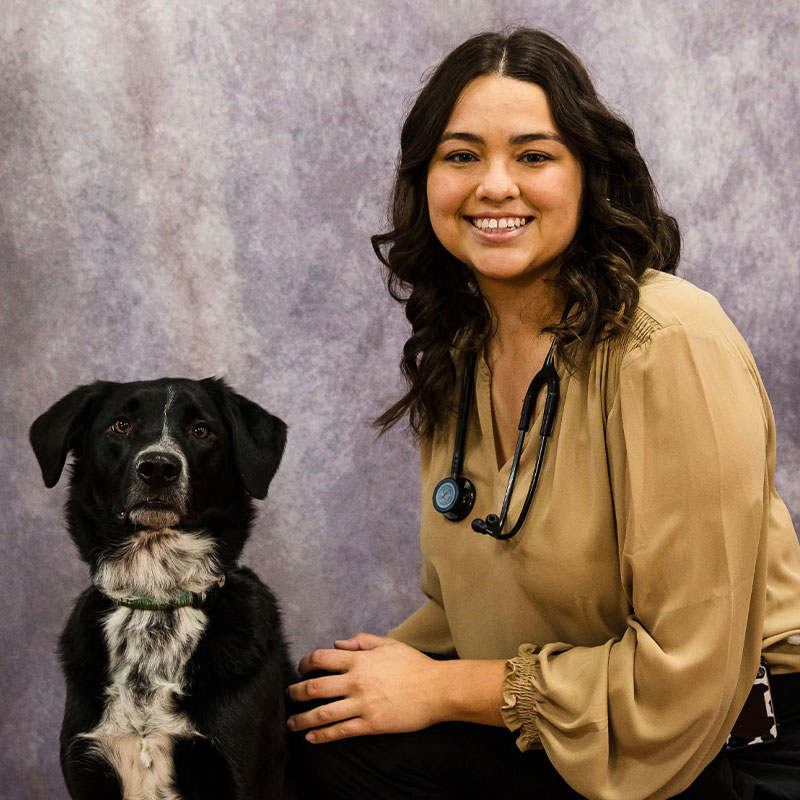

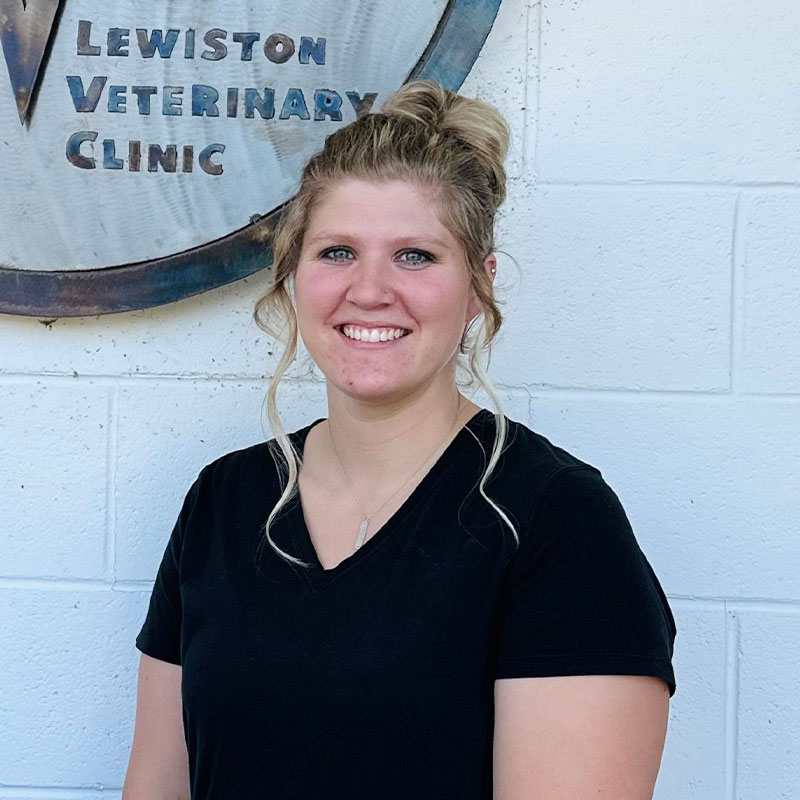






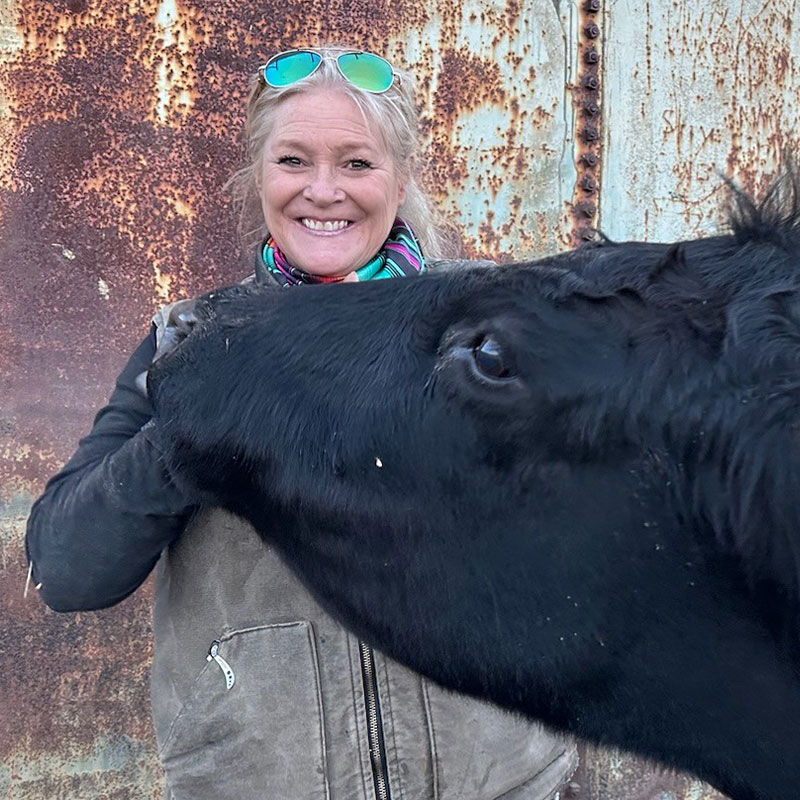






Leave A Comment